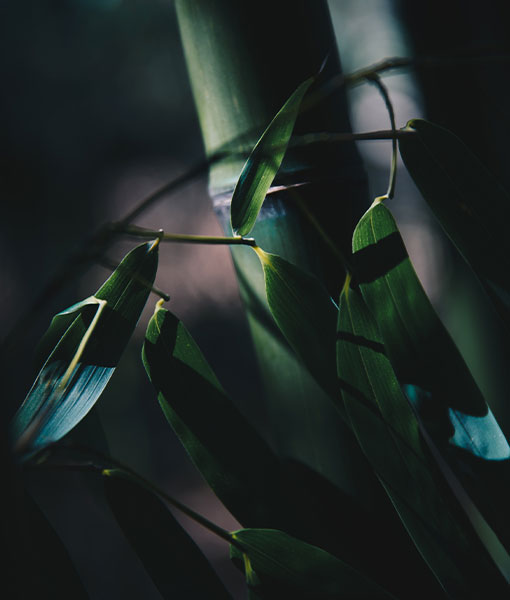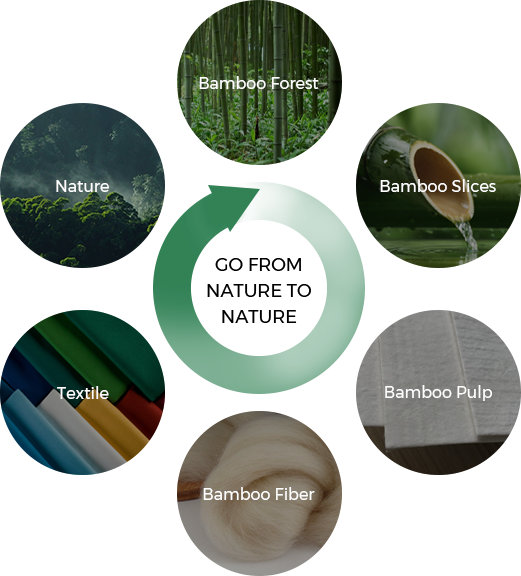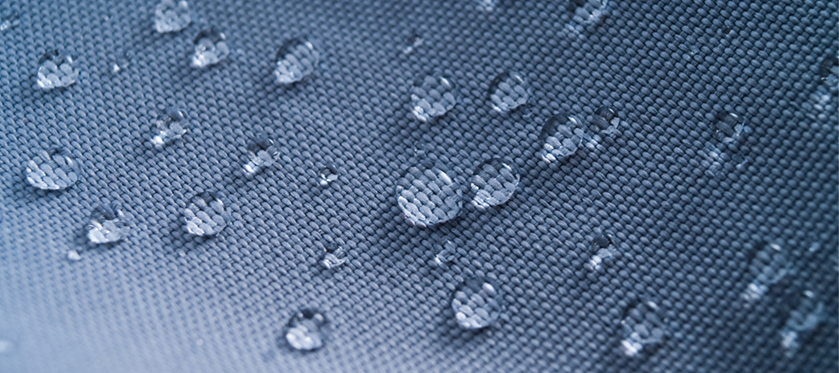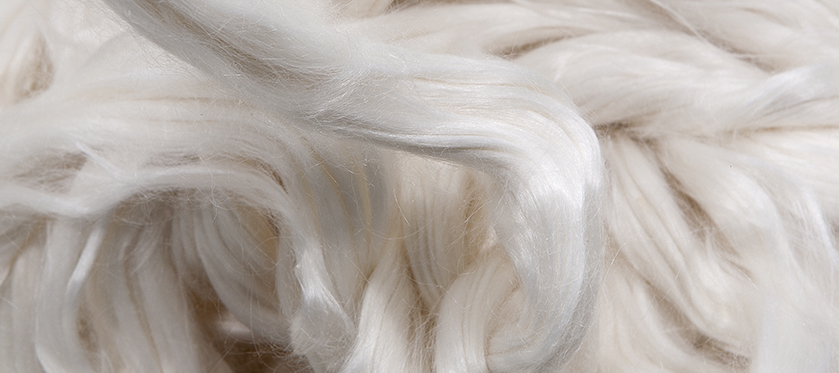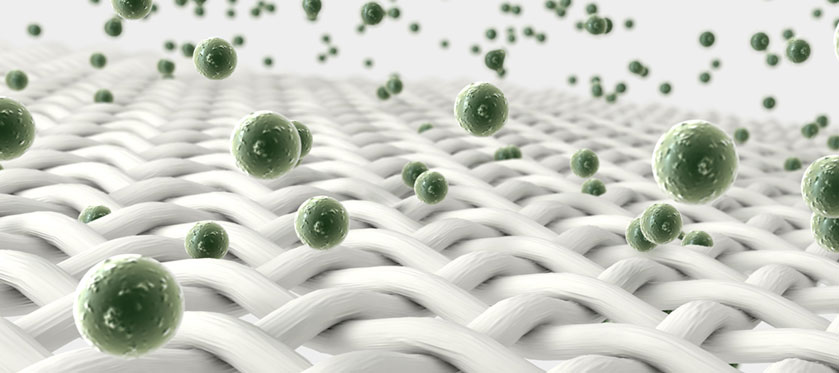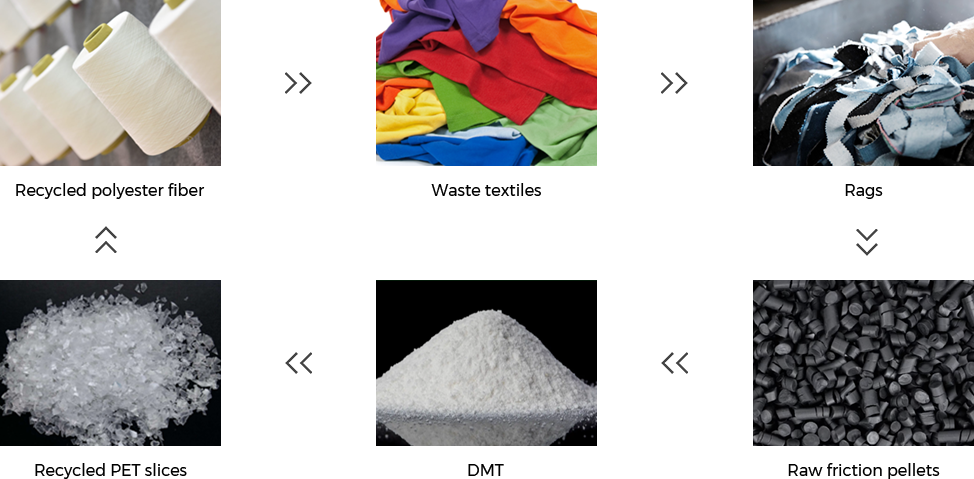Spinning and Weaving
During this process, we actively use renewable energy, especially solar energy, to reduce our carbon emissions. We invest in solar facilities to use clean energy in the textile and weaving process, reducing dependence on traditional energy and reducing the burden on the environment. Meanwhile, dope dyeing technology is used as much as possible to reduce water consumption and the use of chemicals.








